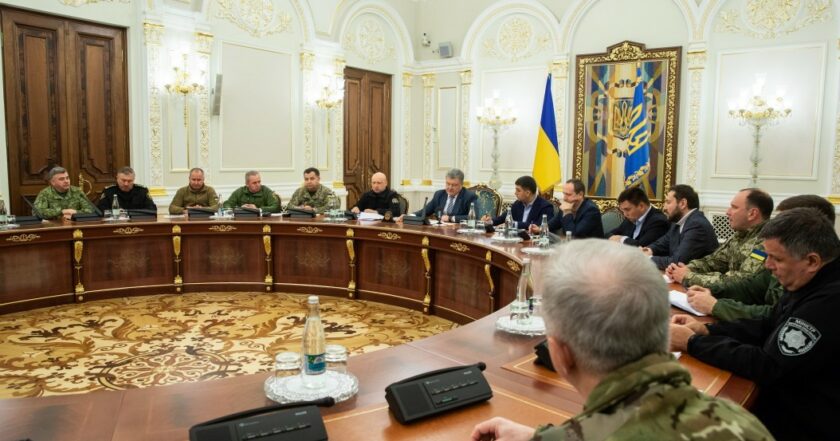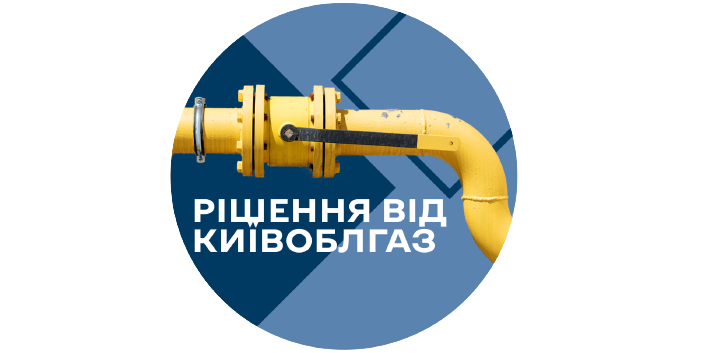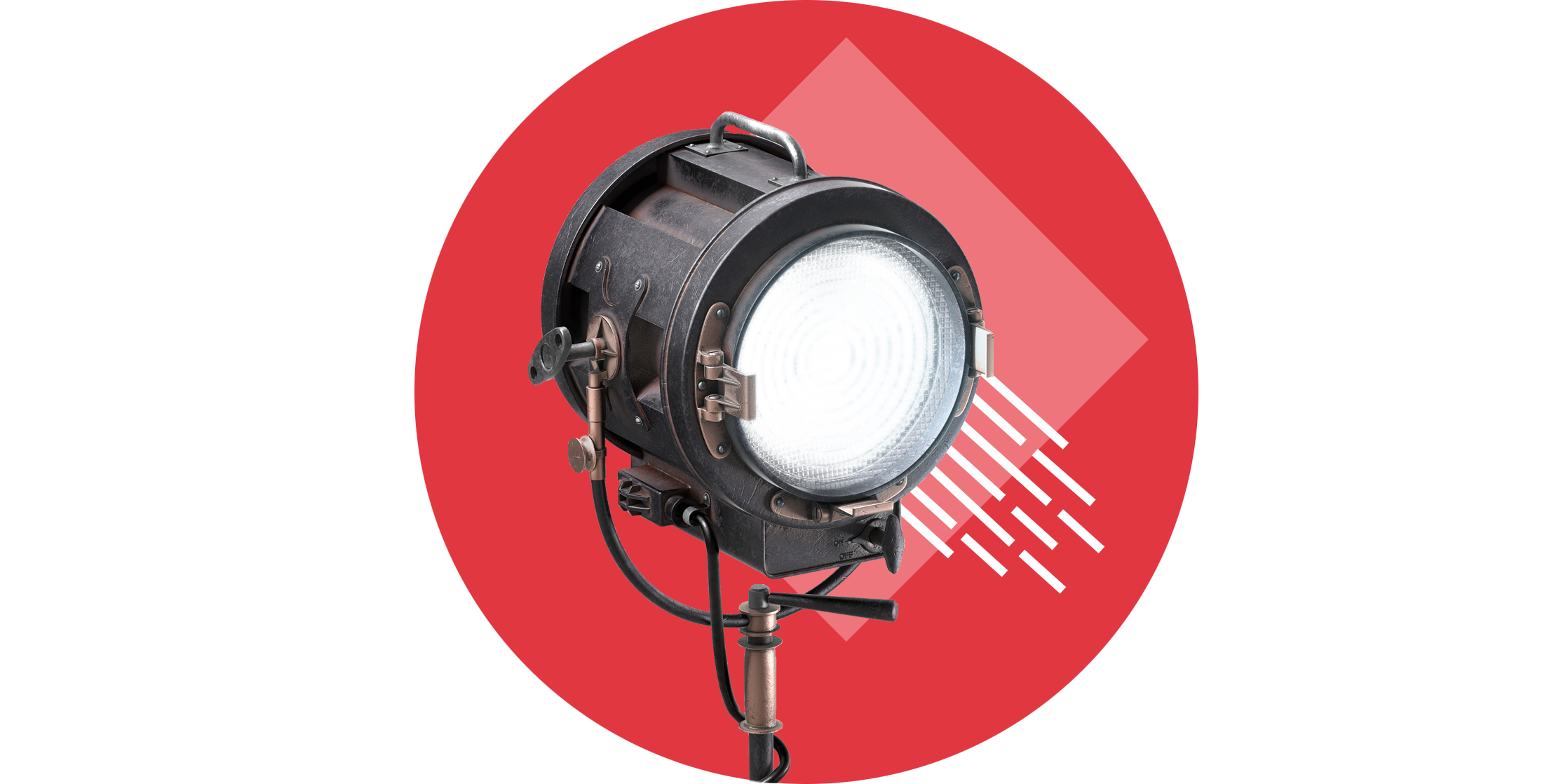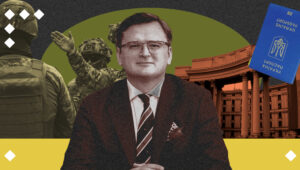What’s going on in Ukraine? Q&A on the Sea of Azov as a new frontier in the undeclared Russian-Ukrainian war

For years Ukraine has been in an undeclared state of war due to Russian aggression, which has been using paper-thin disguises such as "local Crimean militia", "unsuspecting tourists", "miners and farmers", before inevitably revealing their hand, as if going "It was us all along, suckers!" Now the Russians have openly attacked Ukrainian ships crossing from the Black Sea to the Sea of Azov, and it does not seem like they can just deny their involvement once again.
What is happening right now? Crimea again, plus something about Azov?
On Sunday, November 25th, three light vessels of the Ukrainian Navy were supposed to relocate from the Black Sea to the Sea of Azov. For that maneuver to happen, the ships needed to pass through the Kerch Strait – a strait dividing Ukraine's Autonomous Republic of Crimea and Russia's Krasnodar Krai. However, after Russia's illegal occupation of the Crimean peninsula and certain surrounding lands (such as the island of Tuzla), the Russians have been working to connect Krasnodar Krai with their new occupied territories in Crimea by building the Kerch Bridge over the strait, despite international protests over this illegal construction (truth be told, they have been assisted by certain European companies, although some of them were later sanctioned by the EU). Because of the Kerch Bridge, the Kerch Strait have been de-facto under Russian control, despite there being no basis for that in the international law, or in Russian-Ukrainian treaties on maritime conventions and borders. This has led to egregious "traffic jams" happening in the Sea of Azov, especially in regards to Ukrainian ships moving in and out, and even blockades of Ukrainian ports by the Russian side. The blockades have been analyzed and mapped (in English), showing Russia's illegal actions in the international waters and Ukrainian territorial waters, with the intent of an economic and military blockade of Ukraine's Azov ports. Nevertheless, with all the dangers related to illegal Russian control over the Kerch Strait, Ukrainian light vessels have previously performed this maneuver successfully, relocating two old ships to the new naval base in Berdiansk.

The ship that has supposedly "ran aground", blocking the Kerch Strait. Source.
Expecting a similar result, three Ukrainian light vessels (a tugboat and two gunboats from the rebuilding "mosquito fleet") expected to enter the Kerch Strait on Sunday at noon, Kyiv time, while sending a prior notice to Russia's Federal Security Service (FSB) about the passage of its vessels.. As they've been waiting for the strait to open, the Russian ships have started blockading it instead, informing the Ukrainian side that a large ship has "ran aground" right in the middle of the Kerch Bridge, blocking the entry. At the same time the Ukrainian ships were attacked without provocation: the Ukrainian tugboat was rammed by a Russian ship, damaging the main engine of the ship, the trim and railing. The Russians have once again documented their attacks, releasing a video filmed by the FSB Coast guard boat crew, showing their ship ramming the tugboat. The video has been promptly blocked from views from other countries and later deleted, but not before it was copied and reposted on Youtube, showing the unprovoked attack. The ramming attack didn't leave the Russian ships unscathed either, with at least one of them ("Izumrud") also ending up damaged.
Faced with the blockade, the Ukrainian vessels waited for a few more hours, before getting orders to return back to the Black Sea port. However, instead of accepting this retreat as a victory, with Ukrainian Navy turning back, the Russian side have started threatening the ships with takeover at around 7 p.m. Kyiv time, declaring all movement from the ships a sign of threat. As the three Ukrainian ships started turning around, they were shot at, and by 9:30 p.m. Kyiv time reportedly captured by Russian troops. 6 Ukrainian servicemen were WIA, two vessels captured, one surrounded by enemy ships, all transported to an unknown location by the Russian side. This is a tactic that has been used by the Russians back in 2014 during the occupation of Crimea, where they captured Ukrainian ships without any provocation, before "giving them back" damaged and imprisoning sailors for later prisoner exchange (regarding Russian soldiers and agents captured in Ukraine). As a result, instead of allowing Ukrainian ships to go back with a mission failed, Russian ships and troops, flying Russian colors, have attacked Ukraine in an open act of war, disregarding the grave diplomatic consequences for Russia.
Ukrainian Armed Forces have provided additional evidence for the situation in the form of intercepted Russian radio transmissions, showing that the purposeful aggressive escalation of the situation (in the Black and Azov seas) was ordered by the military and political leadership of the Russian Federation (the transmission discusses "the president's" control of the situation and note on hysteria from "Medvedev": although the "Medvedev" mentioned in the recording is possibly not prime minister Dmitry Medvedev, but rather Russia's deputy Border Service commander Gennady Medvedev, head of the Coast Guard). The intercepted transmissions were posted by the UAF channel on Youtube.

First attack on Ukrainian ships took place in the international waters. Source
Hold on! The Russians are saying Ukrainian ships entered THEIR territorial waters! What's up with that?
Ever since Russia's illegal occupation of Crimea, they've been low-key treating the Kerch Strait and the Sea of Azov as their own. "Low-key", of course, since these "changes" have not been recognized by the international law, and certainly not in some sort of a new Russian-Ukrainian treaty. In fact, Kremlin still lists the ongoing 2003 agreement between Ukraine and Russia on the status of Kerch Strait on its official site, and said agreement states that "Mercantile vessels and other state non-commercial vessels flying the flags of the Russian Federation and the Ukraine have free navigation in the sea of Azov and the strait of Kerch." Meaning, Russia has agreed that both its own, as well as Ukrainian military vessels can move through the Kerch Strait as they please, so even Ukraine's fleet was not even required to notify the FSB authorities about its movements, at least according to the treaty. Furthermore, Ukrainian ships have been moving in legally Ukrainian territorial waters (although some of them illegally "claimed" by Russia since its occupation of Crimea), before leaving the 12-mile zone coastal zone and entering international waters, where the Russians attacked the ships, violating UNCLOS, which would also be considered an act of war by the same document. The capture of vessels in territorial waters could also be classified as piracy, as the attacks happened not even in the waters of occupied Crimea, but rather the non-disputed international waters.
So what is Ukraine doing about this problem?
Ukraine is looking at both military and diplomatic solutions. The President of Ukraine Petro Poroshenko had a phone conversation with the Secretary General of NATO Jens Stoltenberg, informing NATO about the act of Russian aggression against Ukraine in the Azov – Black Sea area, along with Ukraine's decisions in response to the attack, including a discussion on whether to introduce the martial law or not. President Poroshenko called on the NATO, the EU and the UN to apply international pressure on Russia for the immediate release of 23 Ukrainian servicemen and the return of captured ships. Poroshenko and Stoltenberg agreed to urgently convene an emergency meeting of NATO-Ukraine Commission due to Russian aggression. Furthermore, at today's briefing at the Ministry of Foreign Affairs of Ukraine, accredited ambassadors to Ukraine were presented with evidence that the attack on Ukrainian naval vessels was a calculated act of aggression, instigated by Russia, and not a mistake or accident. As the MFA explained, since the sea crossing was done in accordance with the provisions of all effective multilateral and bilateral international treaties and navigation rules, then by Article 2 of the Charter of the United Nations and the provisions of UN General Assembly Resolution 29/3314 of December 14th, 1974 on the definition of aggression, Russia has de facto expanded its military aggression against Ukraine to the sea.
Ukraine's calls for international support were not left unanswered. According to the US Ambassador to UN Nikki Haley, an emergency UN Security Council meeting has been called to access the situation (curiously, on the request from Ukraine, but also the Russians trying to cover their tracks). Oana Lungescu, the official NATO Spokeperson, has stated that NATO is "closely monitoring developments in the Azov Sea & Kerch Strait", and also stays in contact with Ukrainian authorities regarding the situation. Donald Tusk, President of the European Council and former Prime Minister of the Republic of Poland, has condemned the Russian use of force in Azov Sea, stating that Russian authorities must return Ukrainian sailors, vessels and refrain from further provocations. The matter is also to be discussed in OSCE.
Looking at Russia's aggressive actions at sea, the Ukrainian government has also deemed new Russian land assaults possible, giving orders to the Armed Forces of Ukraine to stay on full alert, ready for any possible attack or provocation. After a nightly discussion by the National Security and Defense Council of Ukraine, President Poroshenko has sent a bill to the Verkhovna Rada of Ukraine, detailing the peculiarities of the proposed martial law. Ukrainian lawmakers were then set to vote on whether to implement martial law in the parliament's emergency session closed from the members of the press.
Some are saying this was all a pretense to implement martial law and stop the upcoming elections… Is there any truth to that?
The martial law was proposed to cover 60 days since its signing. Although the opposition groups have accused the government of such motives, there doesn't seem to be much evidence for that. Yuri Biriukov, the Advisor to the President of Ukraine has stated (in Russian): "The legal regime of martial law provides for various restrictions. There are 24 points [in the legislation on martial law – ed.]. So, when deciding on the introduction of the ML, it is separately discussed which of the 24 points will be applied. And no restrictions on the freedom of speech or the abolition of elections in March 2019 (which are generally outside the 60-day period) – those are NOT planned. This should break the ranks of idiots who write that it`s all for the sake of canceling the elections."
According to the Central Elections Commission of Ukraine, they will analyze and comment on the consequences of the introduction of the martial law on elections in the country, but only after it passes the vote in the Verkhovna Rada. If the 60-day period decision goes through, it shouldn't cover the elections day, but rather a part of the elections campaign period. We can only speculate on the peculiarities of the implementation of this law, whether the elections campaign will have to be postponed or not, but looking at the position of the Administration of the President of Ukraine, an outright ban seems very unlikely.
Looking at the document itself, nothing is stated about the elections (plus paragraph 12 is classified). The martial law decree, as signed by President Petro Poroshenko, is now in effect until January 25 (if approved by the parliament). The document instructed the Ministry of Defense to call upon the first-phase reserve troops to return to active service, and on General Staff to immediately organize Ukraine's air defense. Other Ministries were instructed to strengthen anti-terrorism measures and information security (in Ukrainian). The decree lists all points of Russian aggression against Ukraine, including Crimea and parts of Donetsk and Luhansk regions. Additional information on what exactly does that mean for the upcoming elections will likely come after the vote goes through in the parliament and the document will be released by the Verkhovna Rada site.
Nolan Peterson has stated that a "war that many people in America can only imagine thanks to Hollywood movies, teeters on the razor thin edge of becoming real." Haven't you said it was going on for five years already?
Indeed, the undeclared war has been ongoing since 2014. Perhaps Mr. Peterson intended to note the possibility of an official declaration of hostilities, but the Russian-Ukrainian war was not a "frozen conflict". This is also not the first attack identified as direct Russian aggression (without "proxies" or troops without insignias): although Russia mostly denied its direct involvement in the offensives on Ukrainian towns of Novoazovsk, Illovaisk, and the 2015's siege of Debaltseve, their denial was found very much lacking by the international community in the Zelenopillya rocket attack, which took place on July 11th, 2014, as the barrage was launched directly from official Russian territory, killing 37 Ukrainian soldiers and border guards stationed in Zelenopillya. Additionally, the US State Department published satellite photos showing heavy artillery shelling Ukrainian positions from Russian territory.
Although the conflict has mostly turned into trench warfare after Russia's capture of Debaltseve in 2015, numerous artillery battles continued all across the battlefront, which divided the "mainland" and the occupied parts of Ukraine's Donetsk and Luhansk regions "inconspicuously" bordering Russia. Faux "people's republics" were set up in the occupied regions, declaring a course on "eventual union with Russia". Ukraine has since recaptured a number of villages and small towns across the battlefront, managing to move the battle lines away from the major city of Mariupol eastwards to Shyrokyne, along with protecting the footholds around the Russian-occupied metropolis of Donetsk at Avdiivka and Marinka in 2017. The war has already been immortalized in art, literature, cinematography, with works such as "Cyborgs: Heroes Never Die" commemorating the long siege of the Donetsk International Airport in 2014 – 2015.
So, you say that Russia always denies their involvement, and then confirms it after they've gained something, like in Crimea. Where can one find proof of their attacks in Ukraine?
Russian soldiers, agents and mercenaries have notably been quite lax with the information they post online, allowing Ukrainian intelligence community, journalists and even dedicated bloggers to compile information on Russian Military's troops and vehicles seen in Ukraine. There are different databases, mostly in Russian or Ukrainian, but an interactive English database has also been created by the InformNapalm volunteer intelligence community
Если вы нашли ошибку, пожалуйста, выделите фрагмент текста и нажмите Ctrl+Enter.



















